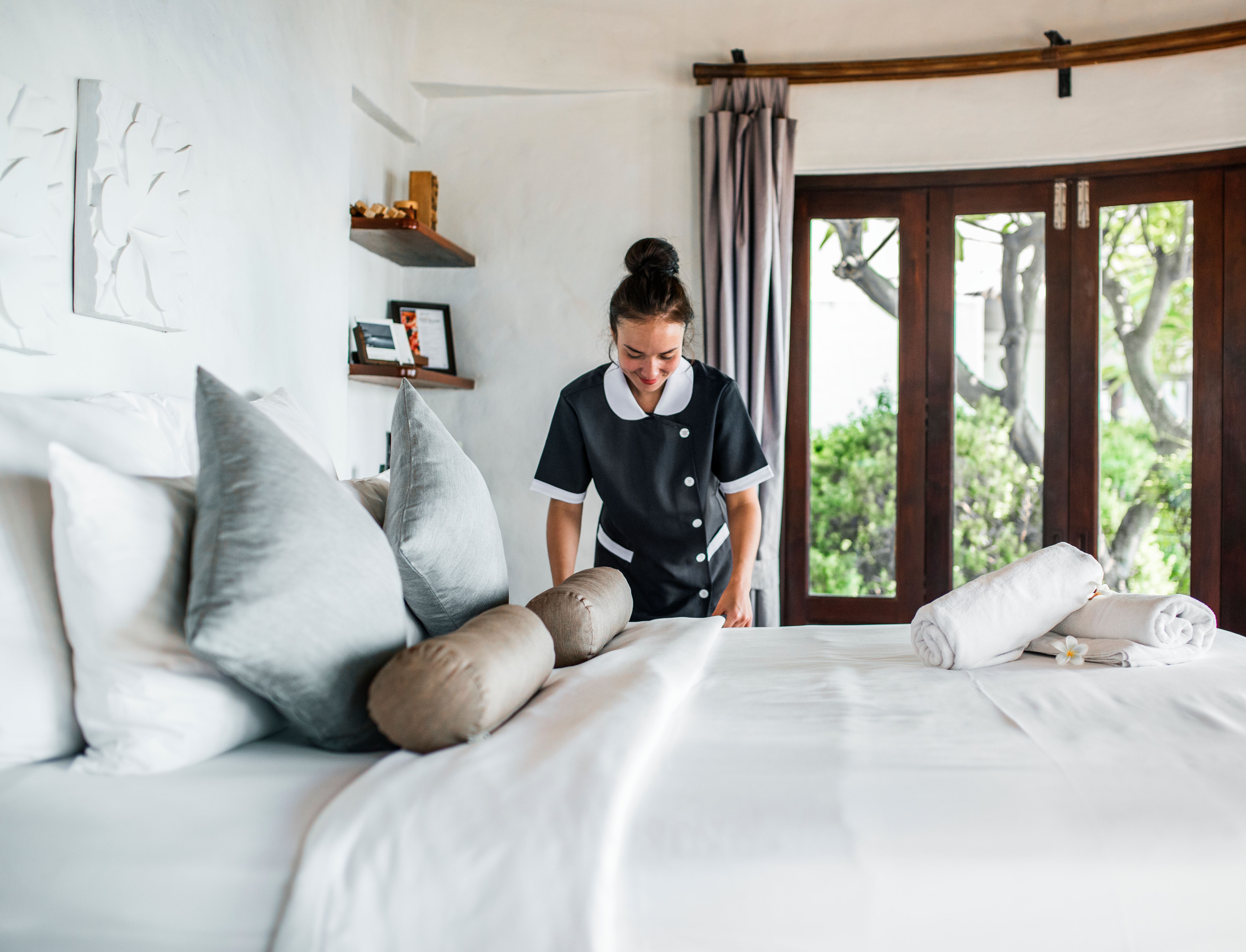Safety and Comfort: Evaluating Airbnb vs. Hotel vs. Hostel Stays

Choosing where to stay during your travels can greatly affect your experience, comfort, and peace of mind. With options like Airbnb, hotels, and hostels available, it’s important to weigh the pros and cons of each based on safety and comfort to make an informed decision that suits your needs.
Understanding Safety in Different Accommodation Types
When considering safety, hotels often have the advantage due to their professional management, security protocols such as 24-hour front desk service, surveillance cameras, and secure entry systems. Hostels may offer communal living spaces which can vary in safety depending on location and management quality; however, many reputable hostels have implemented key card access and lockers for valuables. Airbnb accommodations differ widely since they are individually managed by hosts; some properties offer robust security features while others may lack formal measures. It is crucial to read reviews carefully and communicate with hosts about safety concerns before booking.
Comfort Levels: What You Can Expect
Hotels typically provide consistent comfort with private rooms, daily housekeeping, climate control, en-suite bathrooms, and amenities like room service or gyms. Hostels usually emphasize budget-friendly social experiences with shared dormitories or private rooms that might have limited facilities but encourage interaction among guests. Airbnb rentals range from single rooms in someone’s home to entire apartments or houses; comfort levels vary depending on the property type but often include home-like features such as kitchens and living areas which can enhance longer stays.
Cost Considerations Impacting Your Choice
Budget plays a significant role when choosing between these options. Hostels are generally the most economical choice for travelers willing to share space with others. Airbnb prices vary widely depending on location and property type but can be cost-effective especially for groups or extended stays offering amenities like kitchens that help save money on dining out. Hotels tend to be pricier due to included services but also provide flexibility with short-term bookings without extra cleaning fees or deposits.
Privacy and Social Interaction Factors
If privacy is a priority during your trip, hotels often offer single rooms with private bathrooms ensuring minimal disturbance from other guests. Airbnb properties also afford privacy when renting entire homes or apartments but sharing space within someone’s residence might reduce it slightly. Hostels focus more on social engagement encouraging guests to meet others through shared dorms and common areas; this environment suits solo travelers looking for interaction rather than complete solitude.
Making Your Decision Based on Travel Needs
Ultimately deciding whether you should use Airbnb, a hotel, or a hostel depends on what you prioritize most—be it safety measures, level of comfort desired, budget constraints, need for privacy versus socializing opportunities—or type of travel whether solo adventure or family vacation. Carefully weighing these factors along with researching specific properties through reviews will guide you toward accommodation that best fits your travel style while ensuring peace of mind throughout your stay.
Choosing between an Airbnb rental, hotel room or hostel bed involves balancing multiple aspects related to safety and comfort tailored specifically for your journey’s needs. By understanding what each option offers regarding security features alongside personal preferences around convenience cost privacy social experience you can enjoy a rewarding stay no matter where you decide to settle down temporarily.
This text was generated using a large language model, and select text has been reviewed and moderated for purposes such as readability.


